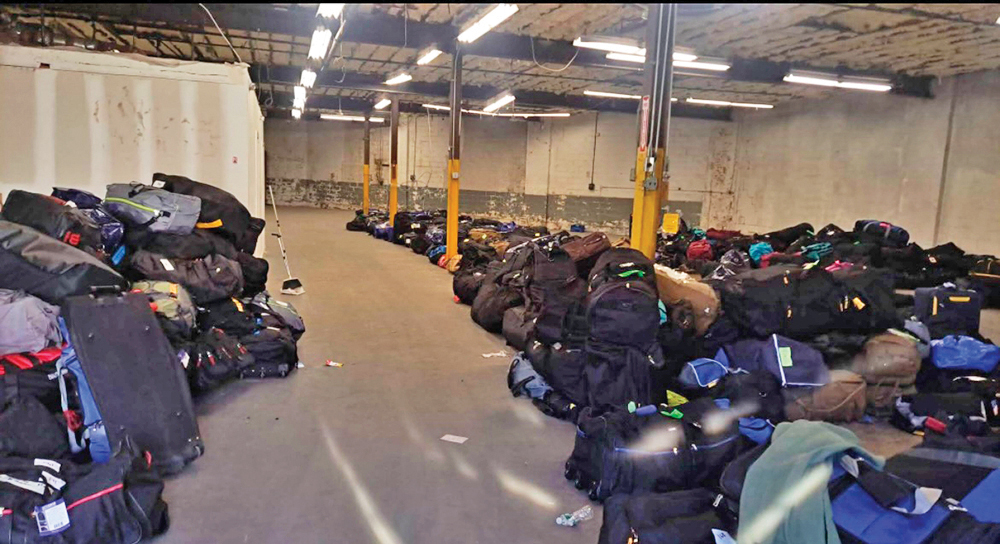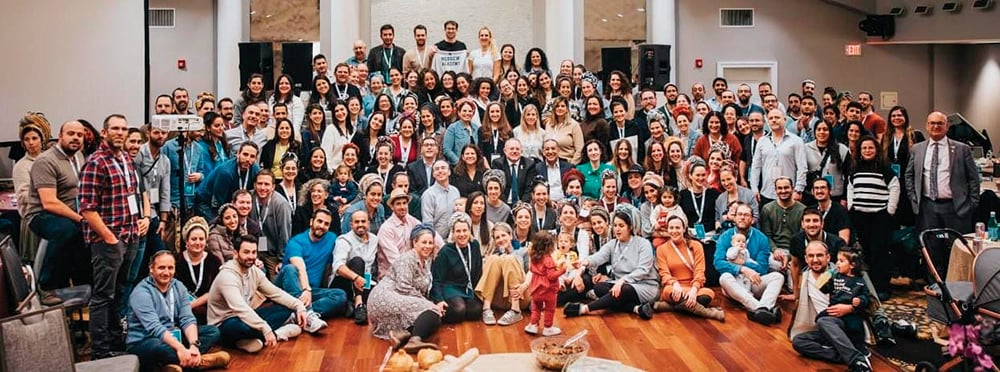Shabbat Chazon
As we have pointed out in the past, this week’s haftarah, Haftarat “Chazon,” is taken from the first perek of Sefer Yeshayahu, but according to most meforshim it is not the first vision of the navi, which is found in the sixth perek of his sefer. Perhaps the placement of this later nevuah at the opening of the book is because it expresses the most basic themes that are emphasized throughout Sefer Yeshayahu.
The navi prophesied during the time when the northern tribes were exiled from Eretz Yisrael for the rampant worship of false gods that filled the land. While his contemporary, Hoshea, prophesied to the soon-to-be exiled north, Yeshayahu directed his words to Yehuda, the southern kingdom. Often, he would use the punishment of Efrayim (or Shomron—synonyms for the northern kingdom) as a warning of what would happen to the southern kingdom if they continue to turn to idolatry.
But decrying idolatry was not the only theme of the book. In fact, Yeshayahu focuses on the holiness of the people that requires them to internalize the significance of the ritual practices and of the sacrificial rites, but most importantly to pursue justice and righteousness with one another. And this is precisely the focus of this haftarah.
In the outset of the reading, Yeshayahu decries the sinfulness of the people, marked by their abandonment of God, despite the severe punishments with which they were threatened. The navi describes the desolation of the land that would ultimately take place following their exile from Eretz Yisrael. He then turns to the nation’s meaningless worship of Hashem—whether through sacrifices or through prayer—even to the point of exclaiming that God “detests” their observances of the chagim. Yeshayahu calls for them to cease their evil deeds and purify themselves from all their trespasses, saying that if they do, Hashem will erase their sins.
The final section of the haftarah condemns the corruption found in the Judean society—corruption that is typified by the actions of the leaders and nobility. Those judges who pursue wealth and, as a result, accept bribes, princes and leaders who ignore the plight of the orphan and who are deaf to the grievances of the widow, have been allowed to trample upon the unfortunate and to pervert justice within the nation. As the Radak explains, rather than use their positions to protect the people from thieves and brutality, they have colluded with the thieves and the brutal.
These crimes, heinous as they were, seem to be limited to the actions of the powerful, the nobility and the wealthy. Nonetheless, it is clear that the blame is to be shared by all. An essential truth that the prophet teaches is that the silent majority who allows these crimes to take place, those who may not act wickedly but do not react to the wickedness, share in the punishment because they share in the blame. They too will suffer because they were silent.
As we approach the tzom of Tisha B’Av, it would be proper to consider the warnings of Yeshayahu. Not simply the sins of COmmission but those of Omission as well. What could we have done to prevent a chilul Hashem? What could we have done to protect one from embarrassment or assure that he would not be ignored? How can we help those who need comfort or company receive what they need?
We can once again become that nation known for justice and righteousness, a nation that cares for everyone and provides for their needs.
All we need do is remember the words that Yeshayahu told his generation—and realize that they apply to our generation as well.
Rabbi Neil Winkler is the rabbi emeritus of the Young Israel Fort Lee and now lives in Israel.












